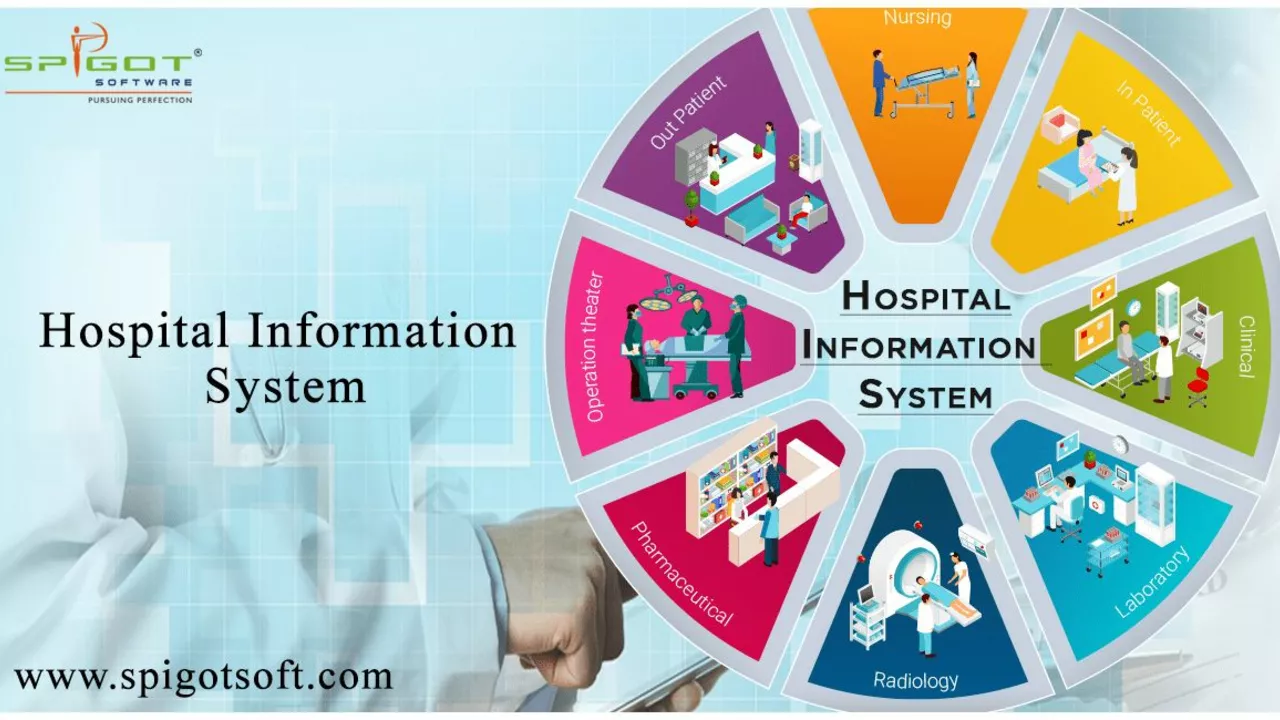11 Jul 2023
- 0 Comments
Understanding the Basics of Health Care Management System
In simple terms, a health care management system (HCMS) is a comprehensive framework that combines all aspects of health care services. It streamlines and automates the processes involved in the healthcare industry, enhancing efficiency and effectiveness. The system is designed to manage patient information, streamline administrative tasks, and improve overall patient care. It not only aids in decision-making but also focuses on the financial aspects of healthcare, like billing and insurance claims.
The HCMS is more than just a mere tool; it's a mechanism that provides a seamless experience for both healthcare providers and patients. As someone who has interacted with the healthcare system, I can attest to the importance of an efficient healthcare management system. It ensures that healthcare providers can focus on what they do best – providing care, while administrative, financial, and logistical tasks are adequately managed.
The Integral Components of a Health Care Management System
A typical HCMS comprises several integral components. These include Patient Management, where all the patient-related information like personal details, medical history, and treatment plans are stored and managed. Another crucial part is the Appointment Scheduling that helps in coordinating appointments, reducing patient wait time, and improving the utilization of resources.
Then there's the Electronic Health Records (EHR) system, a digital version of a patient's paper chart, inclusive of diagnoses, treatment plans, immunization dates, and allergies. Next is the Billing system, which automates the billing process, making it easier for both patients and healthcare providers. Lastly, there's the Reporting and Analytics component, which provides insights based on the data collected, aiding in better decision-making and improving healthcare services.
Benefits of Implementing a Health Care Management System
The implementation of a HCMS brings numerous benefits. First and foremost, it improves the quality of care provided to patients. With seamless access to patient data and history, healthcare providers can make better-informed decisions. It also improves efficiency, reduces errors, and enhances patient satisfaction. As a patient, I can confidently say that an efficient system makes the healthcare journey smoother and less stressful.
From an administrative perspective, HCMS reduces paperwork, streamlines workflows, and increases productivity. It also aids in compliance with regulations, ensuring that the healthcare facility is always in line with the set standards. Besides, it supports better financial management, reducing billing errors, and improving revenue collection.
The Role of Technology in Health Care Management Systems
Technology plays a significant role in enhancing the functionality of HCMS. With the advent of cloud computing, AI, and machine learning, the capabilities of these systems have significantly increased. These technological advancements aid in the prediction of patient outcomes, streamlining of workflows, and personalization of patient care. Furthermore, the integration of telemedicine into these systems has made healthcare more accessible, especially in remote areas.
As a tech enthusiast, I can tell you that technology's role in healthcare management systems is indispensable. These advancements not only make the systems more efficient but also pave the way for future innovations in healthcare.
Future Trends in Health Care Management Systems
The future of HCMS looks promising, with several trends shaping its trajectory. These include the increased use of AI and machine learning for predictive analytics, the rise of telemedicine, and the integration of IoT in healthcare. There's also a growing focus on patient-centric care, where the systems are designed with a primary focus on improving the patient experience.
Furthermore, with the growing concern around data security in healthcare, there's a push towards more secure systems to protect patient information. As we move into the future, these trends will continue to shape the face of healthcare management systems, making them more efficient, secure, and patient-friendly.
